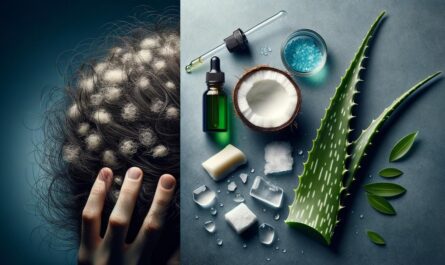Over-Cleansing and Its Effects
Over-cleansing can disrupt your skin’s natural balance, leading to dryness, irritation, and a weakened skin barrier. To maintain healthy skin while avoiding over-cleansing:
- Use a gentle, pH-balanced cleanser like CeraVe Hydrating Cleanser or Cetaphil Gentle Skin Cleanser.
- Limit cleansing to twice a day – a gentle morning cleanse and a thorough evening cleanse.
- Use lukewarm water instead of hot water, which can dry out your skin.
- Pat your face dry with a soft, clean towel rather than rubbing.
- Exfoliate gently and limit to a couple of times a week.
- Hydrate immediately after cleansing with cool water or a hydrating toner.
- Pay attention to your skin’s feedback. If it feels dry, tight, or itchy, adjust your routine or change products.
By following these tips, you can keep your skin clean and healthy without over-cleansing.
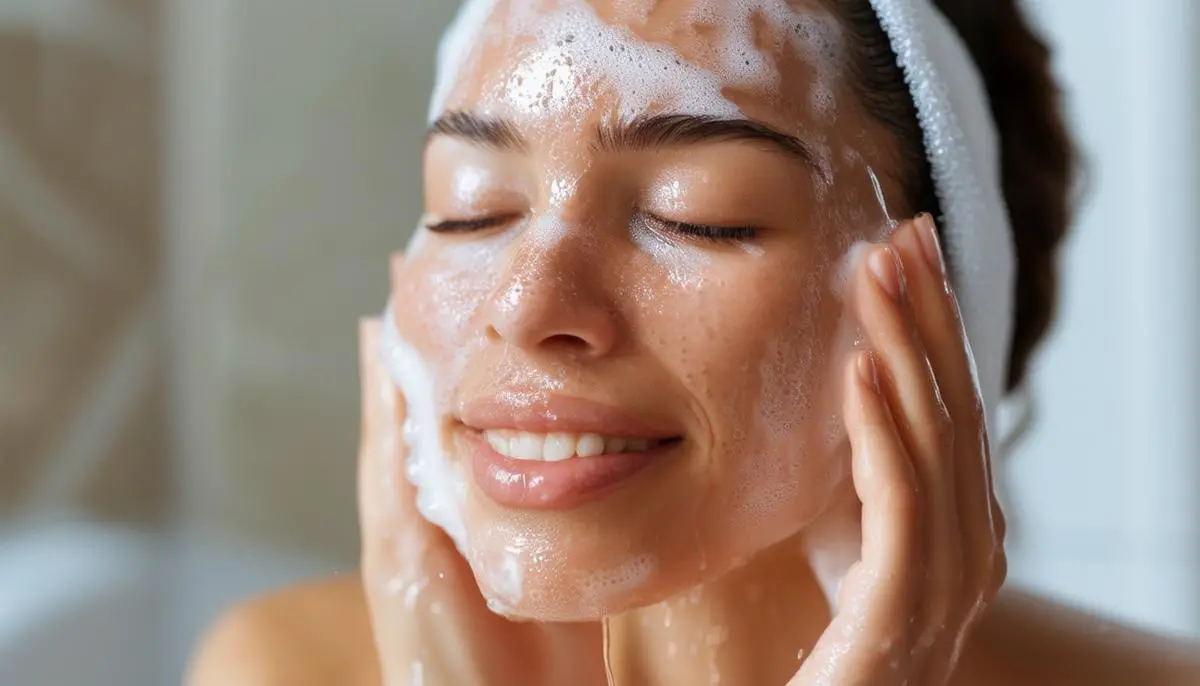
Incorrect Product Layering
Applying skincare products in the correct order is crucial for their effectiveness. The general rule is to apply products from thinnest to thickest consistency. Here’s a step-by-step guide:
- Cleanser
- Toner (if used)
- Serums
- Spot treatments
- Eye cream
- Moisturizer
- Sunscreen (morning routine only)
For evening routines, apply retinol or other active ingredients after cleansing and toning, followed by moisturizer.
Give each product time to absorb before moving to the next step. This ensures each ingredient can work effectively, maximizing the benefits of your skincare routine.
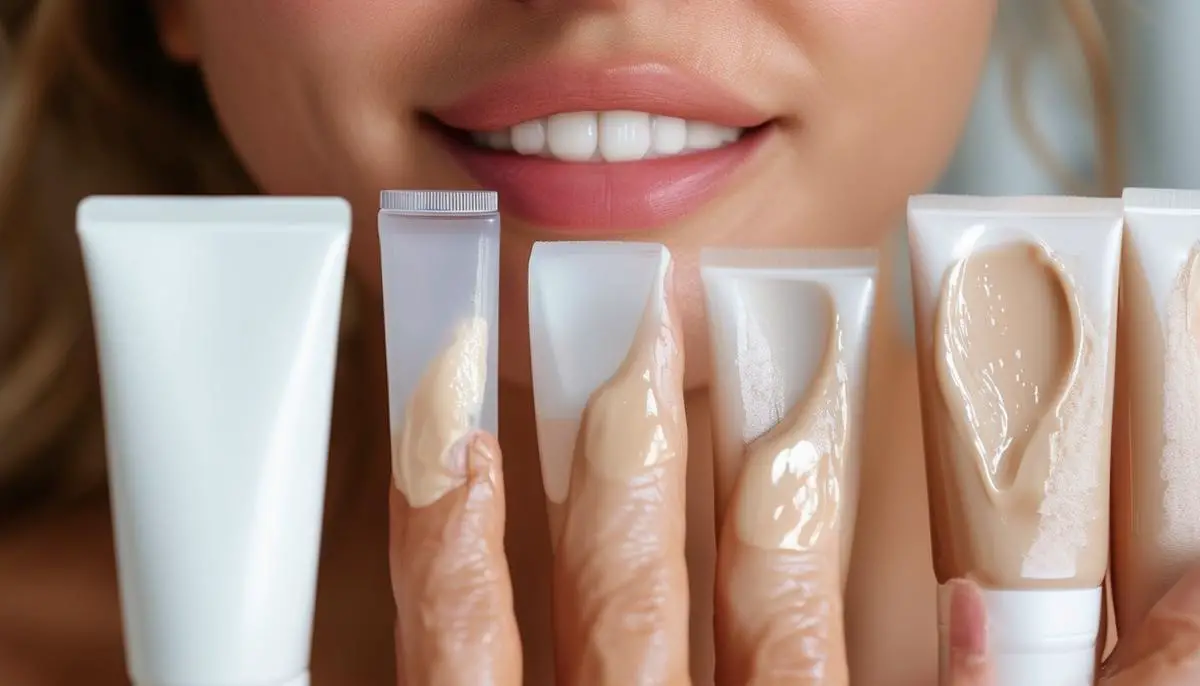
Neglecting Sunscreen
Sunscreen is essential for protecting your skin from harmful UV rays year-round, even on cloudy days. Here’s what you need to know:
- Choose a broad-spectrum sunscreen with at least SPF 30.
- Consider your skin type when selecting a sunscreen:
- Mineral sunscreens (zinc oxide or titanium dioxide) are good for sensitive skin.
- Chemical sunscreens absorb quickly without leaving a white cast.
- Gel-based sunscreens work well for oily or acne-prone skin.
- Lotion or cream-based formulas provide more hydration for dry skin.
- Apply a nickel-sized amount for your face and about a shot glass full for your body. Don’t forget often-missed spots like ears, neck, and hands.
- Reapply every two hours, or more often if swimming or sweating.
- For added protection, wear hats and sunglasses, and seek shade during peak sunlight hours (10 a.m. to 4 p.m.).
- Consider using antioxidant serums like Vitamin C for additional defense against UV damage.
Remember, makeup with SPF shouldn’t replace your primary sunscreen.
By incorporating sunscreen into your daily routine, you’re investing in the long-term health and appearance of your skin.
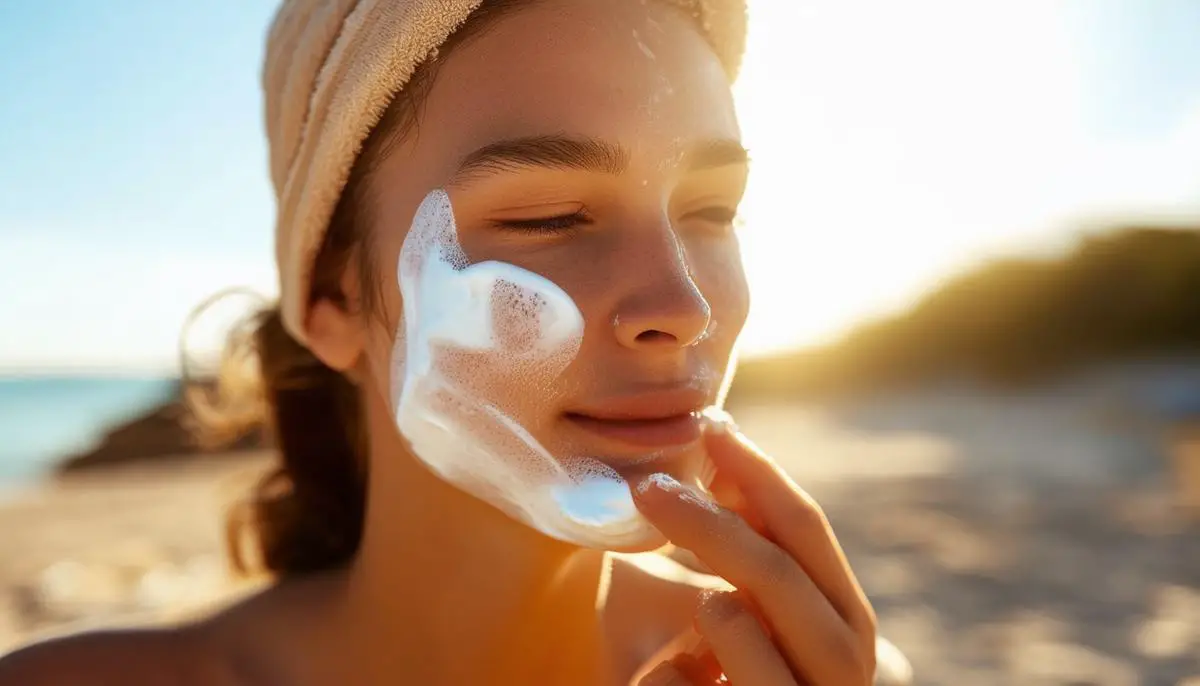
Over-Exfoliating with Gentle Products
Even gentle exfoliants can cause problems if used too frequently. Signs of over-exfoliation include:
- Persistent redness
- Tightness
- Sensitivity
- Unusual breakouts
- Shiny, wax-like texture
To exfoliate responsibly:
- Start with 2-3 times a week, adjusting based on your skin type and tolerance.
- Use one exfoliating product at a time or alternate them on different days.
- Always hydrate after exfoliating with serums or moisturizers containing ingredients like hyaluronic acid, ceramides, or glycerin.
- Pay attention to your skin’s response and reduce frequency or switch to a milder formula if you notice signs of irritation.
- Always use sunscreen after exfoliating, as your skin will be more vulnerable to UV rays.
By taking a balanced approach to exfoliation, you can achieve radiant skin without compromising its health.
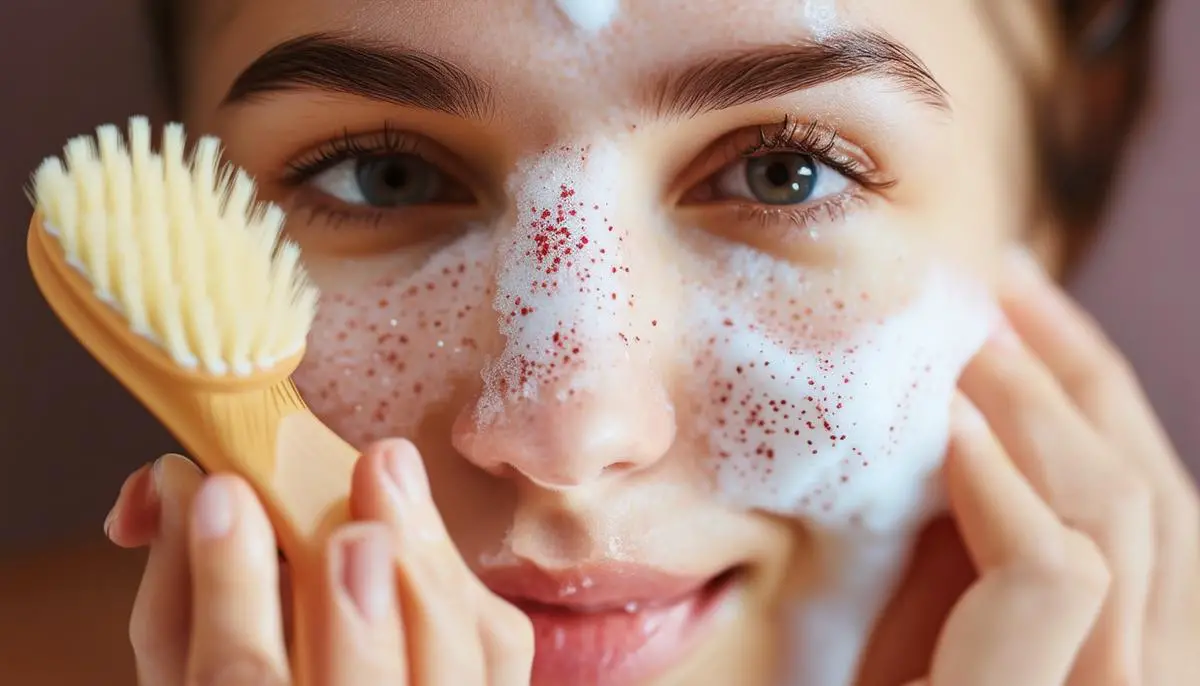
Ignoring Product Expiration Dates
Overlooking product expiration dates can cause problems for your skin. Expired skincare items may become less effective and potentially introduce harmful bacteria or irritate your skin.
Skincare products contain active ingredients that degrade over time, reducing their potency. Once past their expiration date, they might not provide the expected benefits. For example, retinols and Vitamin C serums can become inactive, rendering them ineffective for fighting wrinkles and dark spots.
Moreover, expired products can harbor bacteria, especially if exposed to air and fingers. This can lead to breakouts or skin infections.
To avoid these issues, here are some practical tips:
- Keep track of your product’s shelf life. Look for the symbol on the packaging that looks like an open jar with a number and ‘M’ (e.g., 12M, 24M). This indicates how long the product remains effective after opening. Note the opening date on the container.
- Store products properly. Keep them in a cool, dry place away from direct sunlight. Heat and humidity can speed up the breakdown of active ingredients.
- Consider refrigerating products with unstable ingredients like Vitamin C or SPF. The cool temperature can help maintain their potency longer.
- Use clean fingers or beauty spatulas when using jars and pots. Pumps and tubes are generally more hygienic as they minimize direct contact with the product inside.
- Use products based on their expiration dates. Start with older items first, and discard anything past its prime.
- Pay attention to changes in color, texture, or smell. If your product has suddenly changed appearance or odor, it’s likely gone bad.
Using fresh, active ingredients on your face is worth the effort. Recognizing expiration dates and storing your products correctly isn’t just about getting value for money—it’s about keeping your skin safe and healthy.
Next time you organize your beauty collection, take a moment to check those dates and ensure everything is in good condition. Your skin will appreciate the care!
In summary, treating your skin with care and attention is key. By understanding the impact of over-cleansing, the importance of proper product layering, the necessity of sunscreen, the risks of over-exfoliating, and the significance of expiration dates, you can maintain a healthy and radiant complexion. Your skin will thank you for the thoughtful care and consideration.
Read More – How to Recover Your Hair After a Beach Vacation



